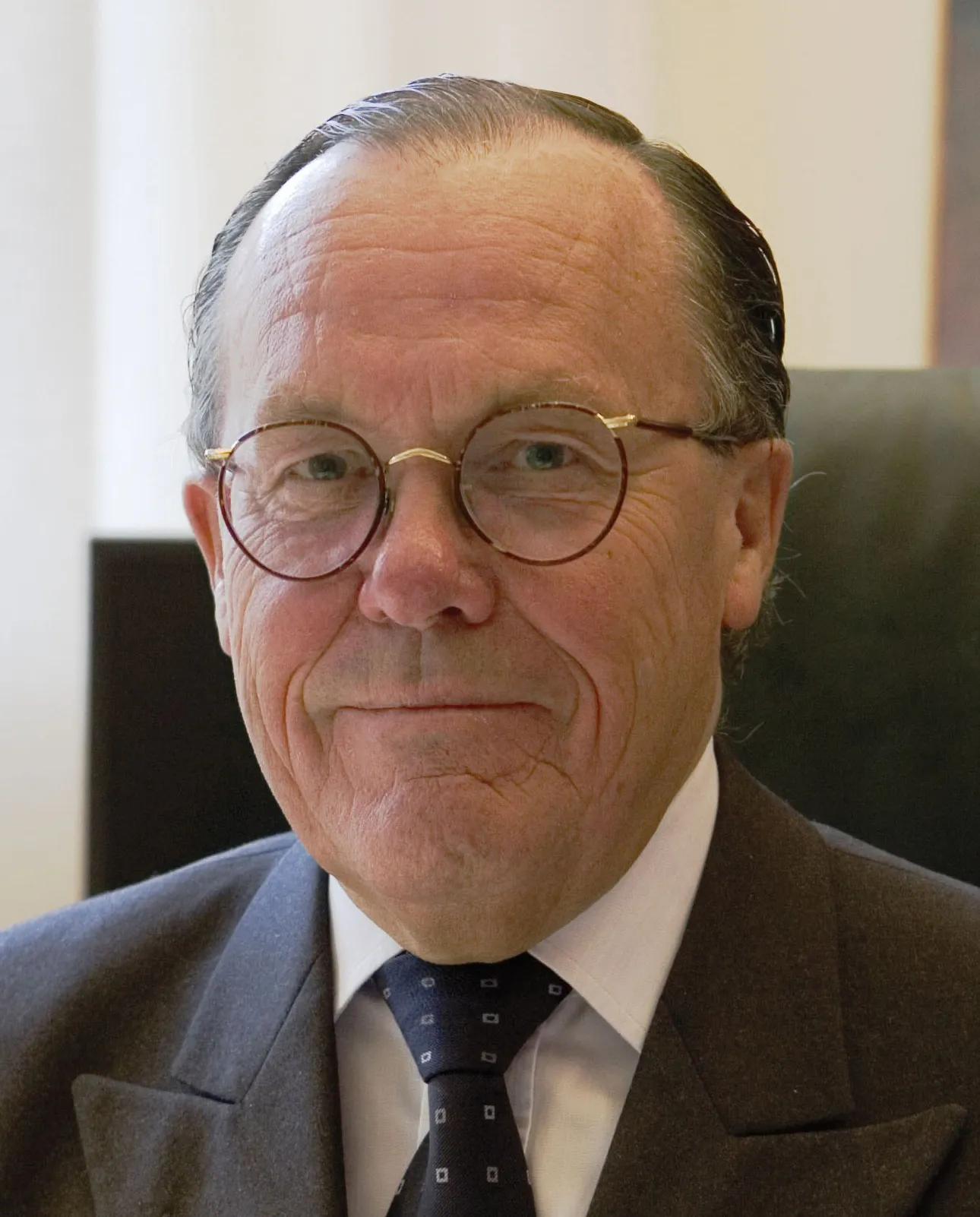Professor Håkan Mellstedt has passed away
Håkan Mellstedt, Professor at the Department of Oncology-Pathology, Karolinska Institutet, has passed away at the age of 82.
He is mourned by his wife Eva and Håkan’s brother with family. He leaves behind a long and exceptionally successful legacy as a colleague, researcher, and friend.

After completing his medical studies in Gothenburg, Håkan was recruited by Professor Gunnar Biörck to Serafimer Hospital. He earned his PhD in 1974 with a dissertation on immunological aspects of multiple myeloma. Håkan continued in this field and was among the very first to develop biological cancer treatments. As early as 1979, he published in The Lancet that alpha-interferon had a therapeutic effect on myeloma.
It was a natural step for Håkan to be recruited by Professor Jerzy Einhorn to Radiumhemmet and the Department of Oncology-Pathology, where he worked for over 40 years. He was a pioneer in specific immunotherapy, with groundbreaking publications on treatment with monoclonal antibodies for colon cancer and chronic lymphocytic leukemia (CLL), as well as in the challenging field of therapeutic cancer vaccines. He published over 500 original scientific articles and supervised more than 30 PhD students to completion within the research group that grew steadily under his enthusiastic leadership.
Engagement Beyond the Laboratory
Håkan took on significant responsibilities and made major contributions to the European Society for Medical Oncology (ESMO), where he also served as president for a time. He was also involved in the Swedish Oncological Society, the Swedish Childhood Cancer Foundation, the Cancer and Allergy Foundation, Cancer Center Karolinska, the Accreditation Council of Oncology in Europe (ACOE), and, not least, had a long-standing and unparalleled commitment to the Radiumhemmet Research Funds.
Despite all his professional achievements, it is above all the person Håkan that we remember—he was always available for conversation and could analyze medical problems as well as understand psychological aspects. With encouragement, help, and support, he guided us forward and remained actively involved in the group’s ongoing research until the very end. We remember Håkan with deep gratitude.
On behalf of the group,
Anders Österborg
Jan-Erik Frödin
